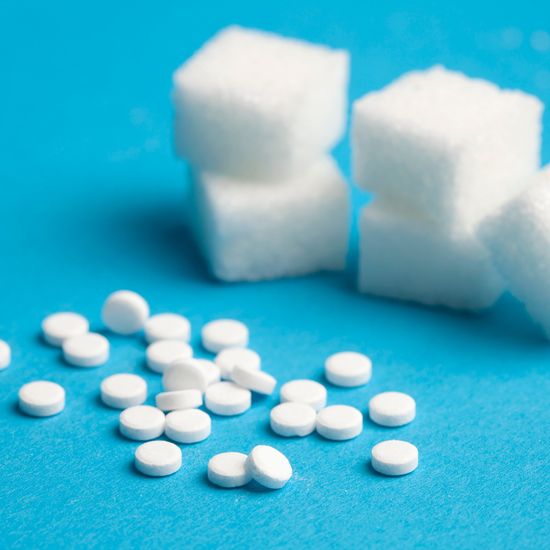By Maryam Zakir-Hussain
Copyright independent

Affecting over 30pc of people globally, metabolic dysfunction-associated steatotic liver disease (MASLD) is a condition where fat builds up in the liver.
The research, presented at the United European Gastroenterology Week in Berlin, examines the impact of sugary versus non-sugary beverages.
“Sugar sweetened beverages [SSBs] have long been under scrutiny, while their ‘diet’ alternatives are often seen as the healthier choice,” said lead study author Lihe Liu, a graduate student in the department of gastroenterology at the First Affiliated Hospital of Soochow University, in Suzhou, China.
However, the study rebuffs this notion as “even a single can per day” of artificially sweetened drink was linked to a higher risk of liver disease, Liu said.
The study followed 123,788 participants in UK Biobank without liver disease over 10 years. Beverage consumption was assessed using repeated 24-hour dietary questionnaires.
The safest approach is to limit both sugar-sweetened and artificially sweetened drinks
Researchers found that consuming SSBs increased the risk of MASLD by 50pc, while low or non-sugar-sweetened beverages (LNSSBs) increased the risk by 60pc.
“These findings challenge the common perception that these drinks are harmless and highlight the need to reconsider their role in diet and liver health, especially as MASLD emerges as a global health concern,” Liu added.
Over the 10-year follow up, 1,178 participants developed MASLD and 108 died from liver-related causes. Consuming artificially sweetened drinks was linked to a higher risk of dying from liver disease.
Today’s News in 90 Seconds, Wednesday, October 8
In sugary drinks, the higher sugar content “can cause rapid spikes in blood glucose and insulin, promote weight gain and increase uric acid levels, all of which contribute to liver fat accumulation,” Liu said.
Artificially sweetened drinks impact the liver health by “altering the gut microbiome, disrupting the feeling of fullness, driving sweet cravings and even stimulating insulin secretion”.
The study’s authors emphasised that replacing SSBs and LNSSBs with water significantly reduced the risk of liver disease.
“The safest approach is to limit both sugar-sweetened and artificially sweetened drinks,” Liu said.